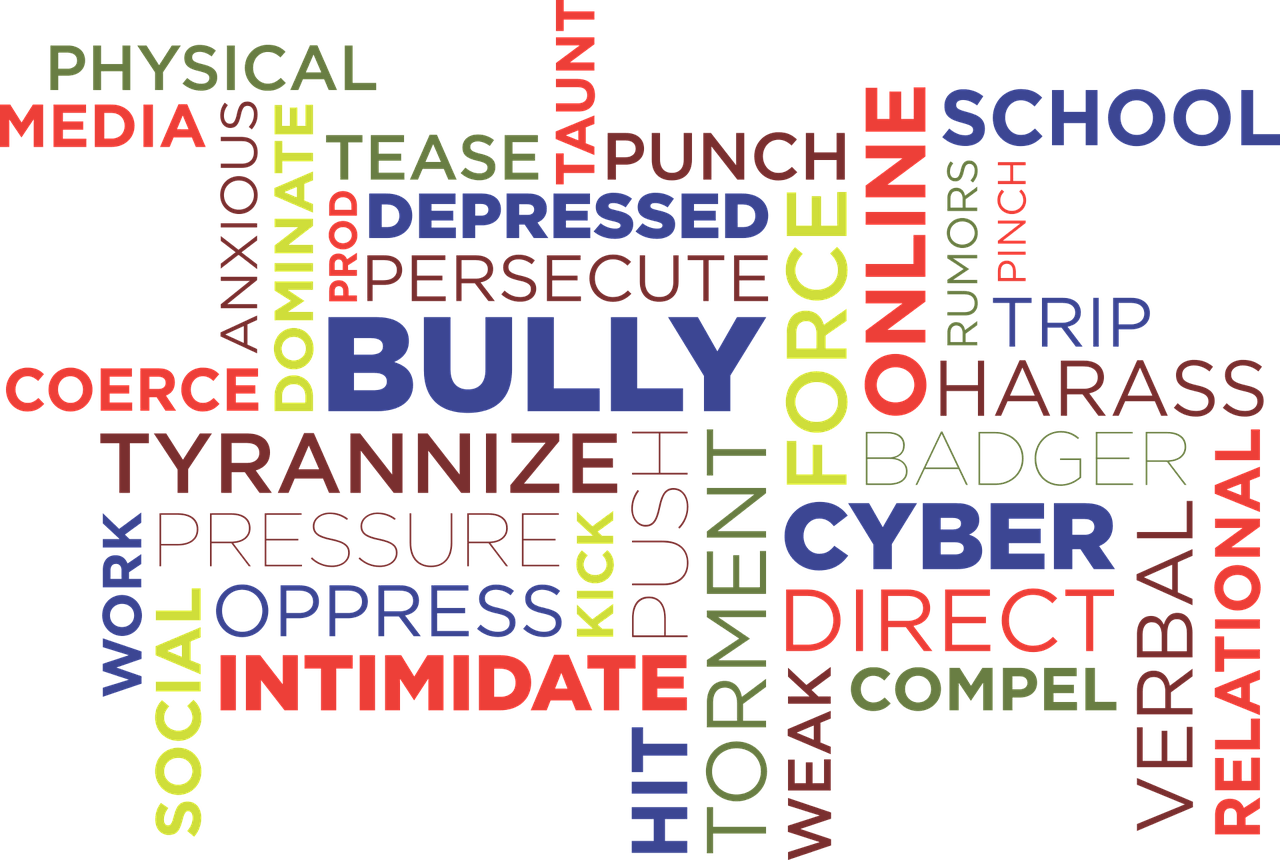During the review period, social media had become deeply ingrained in the lives of Pakistanis. This is because the country was averaging 71.7 million users on social media in January, representing 29.5% of the population. As of June 2023, Pakistan Telecommunication Authority estimated over 200 million subscribers to mobile phones and over 90 million Internet subscribers in the country. This universal connectivity has exposed the population more to the risks of social media, one of which is cyberbullying. Cyberbullying is harassment, intimidation, and victimizing of persons in cyberspace.
For the actress Mehwish Hayat, cyberbullying is distinct from mere criticism. It often includes an element of targeted harassment, malicious intent, and sometimes even threats. Having faced cyberbullying firsthand, Hayat feels this is about time someone spoke up against false information and personal attacks-one generally ignores baseless negativity.
Hayat also mentions that the legal system in Pakistan is not fully prepared to take cognizance of cyberbullying cases, and there may be an added level of difficulty in reporting incidents. She guides them to block accounts on social media, save the messages that were mean, report to authorities if the situation calls for it, and seek support from family and professionals:
Though the term “cyberbullying” might not sound that dangerous, it is a threat that has grown with increased online crimes. One such study conducted in the year 2021 stated that out of 328 Pakistani students, almost 90% had been victimized through cyberbullying. It could lead to severe mental health disorders such as low self-esteem, poor self-image, and depression. It has been researched that victims of cyberbullying are more likely to commit suicide, at a rate of 1.9 times.
While the prevalence of cybercrimes does take place in Pakistan, the country has laws to fight off bad online activities. The Prevention of Electronic Crimes Act, or PECA, was devised in 2016 to counter cybercrimes. Sections 20 and 24 of the act have defined the cyber offences. According to Section 20, whoever spreads false information to defame one’s private information or reputation will be sentenced to three years’ jail imprisonment along with the financial penalty of Rs1 million. Section 24 targets cyberstalking and harassment with the use of information systems and the internet.
Despite such legal protections, the enforcement of cyber laws remains very weak. In 2022, the National Commission on the Status of Women reported that 72% of Pakistani women did not know the cyber laws which protect them. Approximately 40% of women in Pakistan reported being victims of different forms of cyberbullying, which include sexual harassment, blackmailing, hate speech, stalking, and physical threats.
This silence about cyberbullying, particularly among women, is what contributes to further victimization. Their crimes, on the other hand, are seldom or ever reported to a criminal justice system that has historically been biased against them. Victims of rape were sometimes portrayed as adulterers in court and had their attackers acquitted under the now highly controversial zina (illicit sexual intercourse) laws of the Hudood Ordinances. This distrust extents to the cybercrimes where female victims mostly view the patriarchal legal system in Pakistan untrustworthy.
Critics maintain that the law has been abused to harass people and to muzzle them – politicians, journalists, activists, and even ordinary citizens. According to Farieha Aziz, a digital rights activist, law enforcement has targeted those expressing frustrations online since the implementation of the law.
Celebrities, because of their visibility, are more prone to the undergoing of cyberbullying. Their lives having been open to a huge audience, they very often face victimization involving impersonation, hacking, stalking, and harassment. On the other hand, they have privileged platforms to raise awareness about the issue.
Then again, Emmad Irfani, actor, has to say something different. According to him, “criticism works as a force that encourages rather than discourages.” He says it is so easy to criticise where being tolerant, patient and kind is so difficult.
The other victim of cyberbullying, Hira Tareen, has gone through different kinds: comments from fake profiles, impersonation, threatening messages, and lying about her online. She also mentions a new trend where cybercriminals use AI in faking photographs of women. Tareen called for social media companies to be more proactive in deactivating problem accounts, making it easier to report cyber abuse.
Faran Tahir-the actor who has worked both in Hollywood and Pakistan-says, “is a heinous, cowardly practice.” He acknowledges severe consequences for such an act, which in many instances have driven people to commit suicide. He emphasizes that cyberbullying affects the public figures as well as private individuals; one day, those who practice it will have to answer their conscience and God.
A government effectively enforcing such laws needs to take laws devised for controlling online harassment seriously. Equally often, cybercrimes in Pakistan have led to victim shaming while reporting, especially women. While in other countries, it’s easier to do so and without judgment, victims in this country are stigmatized and villainized when they come forward. A more legally robust society supports individuals against such damages caused by cyberbullying.
